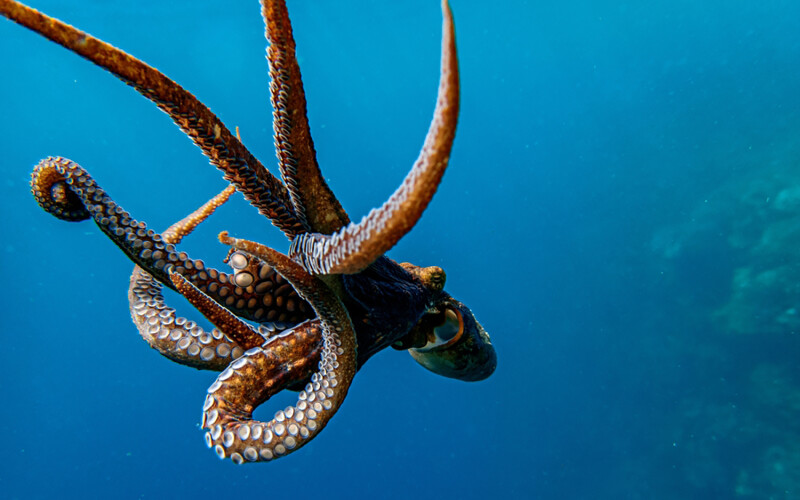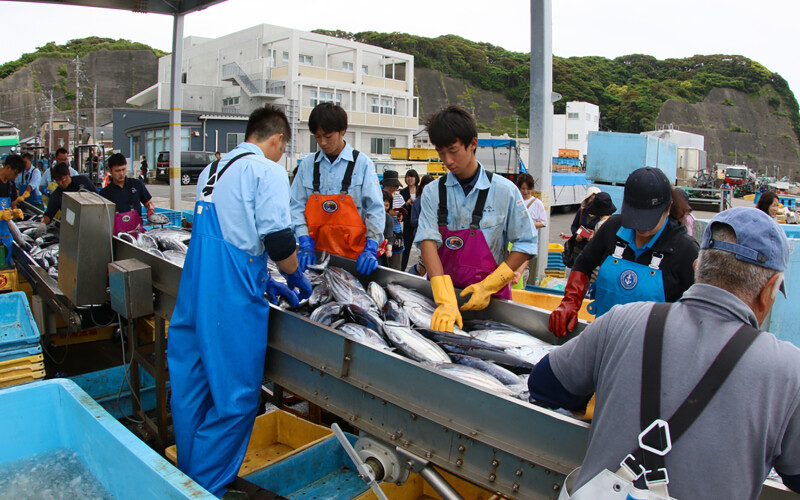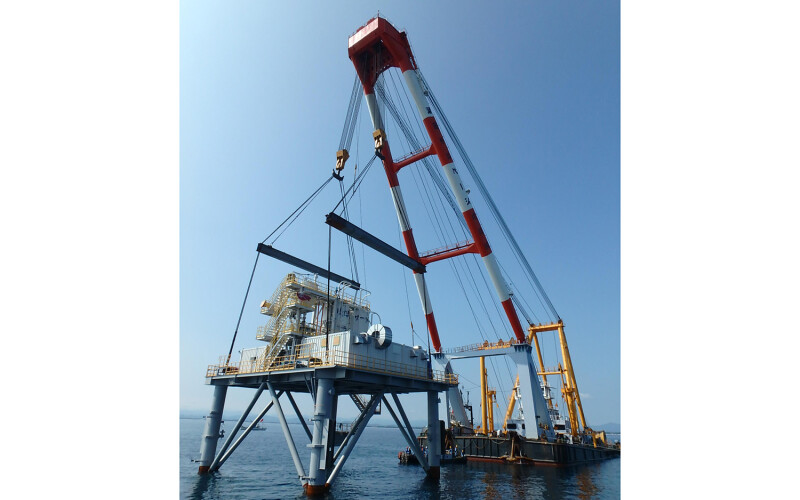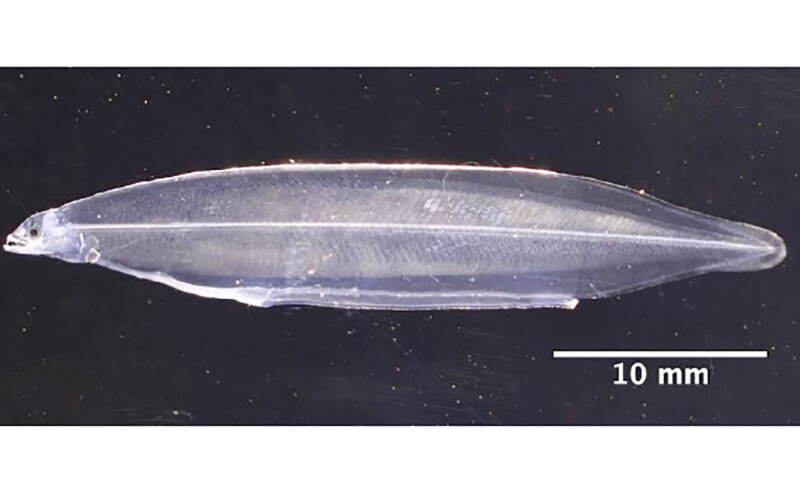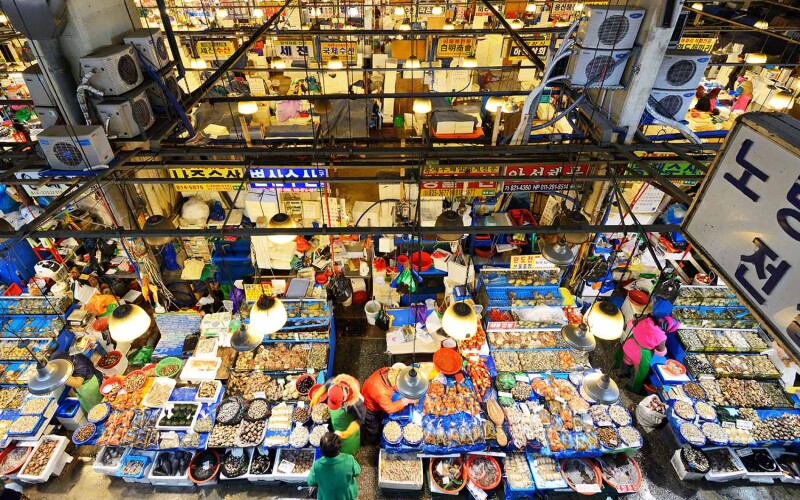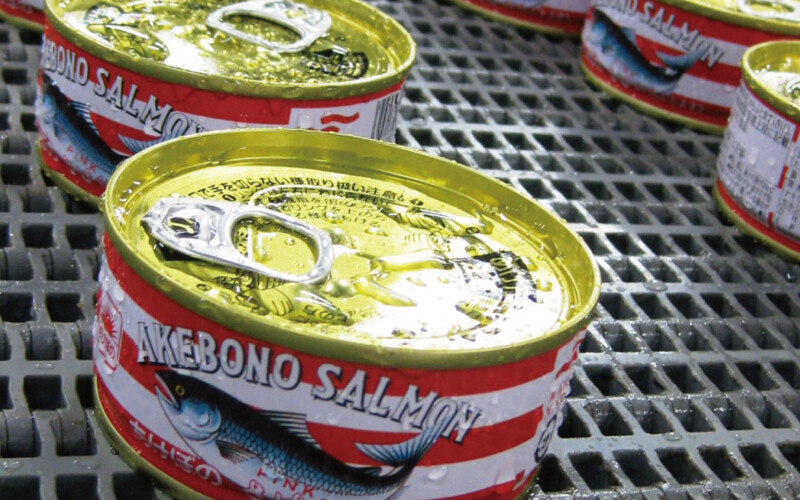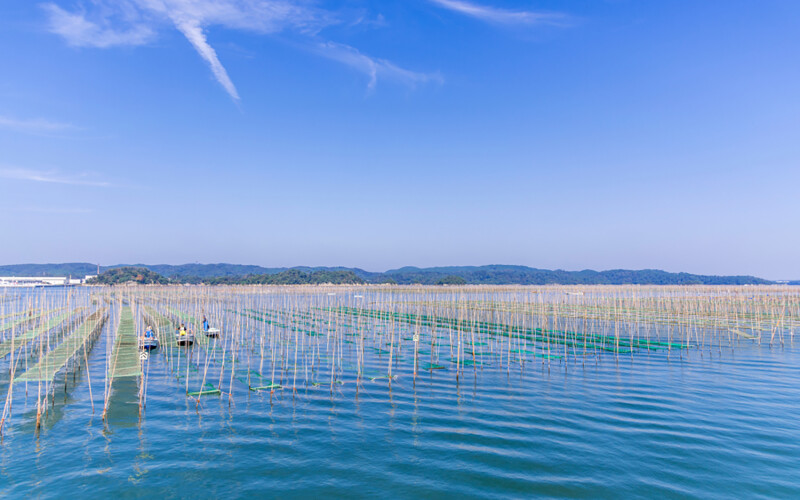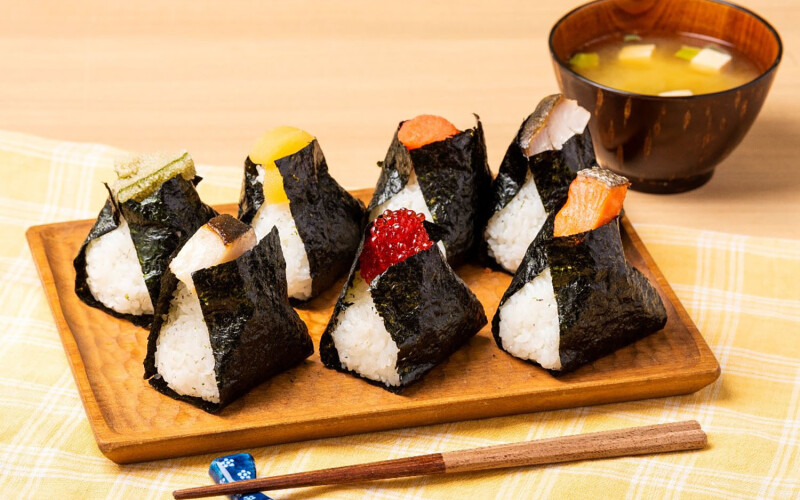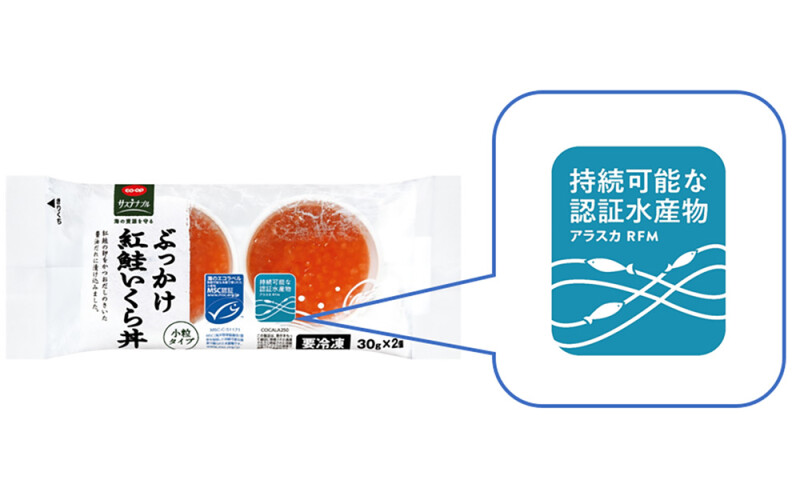Chris Loew reports from Osaka, Japan as a contributing editor for SeafoodSource.com. In addition to writing for SeafoodSource.com, he covers Japan for
Author Archive
A recent study has investigated the unique challenges of managing the global octopus fishery.
Global octopus landings in 2020 totaled 377,818 metric tons (MT), according to the Food and Agriculture Organization (FAO). China landed 27.8 percent of this total, while countries in West Africa, including Morocco and Mauritania, accounted for 24 percent of the catch.
Other large producers of octopus include Mexico, which hauled in 9.2 percent of the
… Read MoreTokyo, Japan-based Kyokuyo Co. – Japan’s fourth-largest seafood company in total sales – recently suffered a year-over-year dip in sales and profits, the company reported in its financial results for the period 1 April through 31 December 2023.
Net sales for Kyokuyo were down 5.5 percent year over year, totaling JPY 201.6 billion (USD 1.3 billion, EUR 1.2 billion), and operating profit dropped 14.5 percent, slipping to JPY 6.94
… Read MoreRestaurants in Japan are working to expand consumption of onigiri, or Japanese rice balls, by making the traditionally simple product a gourmet experience for consumers through careful ingredient selection and the addition of unique flavors.
Those efforts have started to pay off.
Yumiko Ukon, the president and CEO of Bongo, a popular Tokyo rice ball chain, said she was surprised at the long lines of customers her shop has seen over the past
… Read MoreTwo major Japanese supermarket chains – JCCU and Seven & i Group – have expanded the certifications they accept when purchasing seafood products beyond Marine Stewardship Council (MSC) and Aquaculture Stewardship Council (ASC) credentials, with both now welcoming any seafood products bearing a certification recognized by the Global Sustainable Seafood Initiative (GSSI).
One certification trying to take advantage of this less
… Read More






